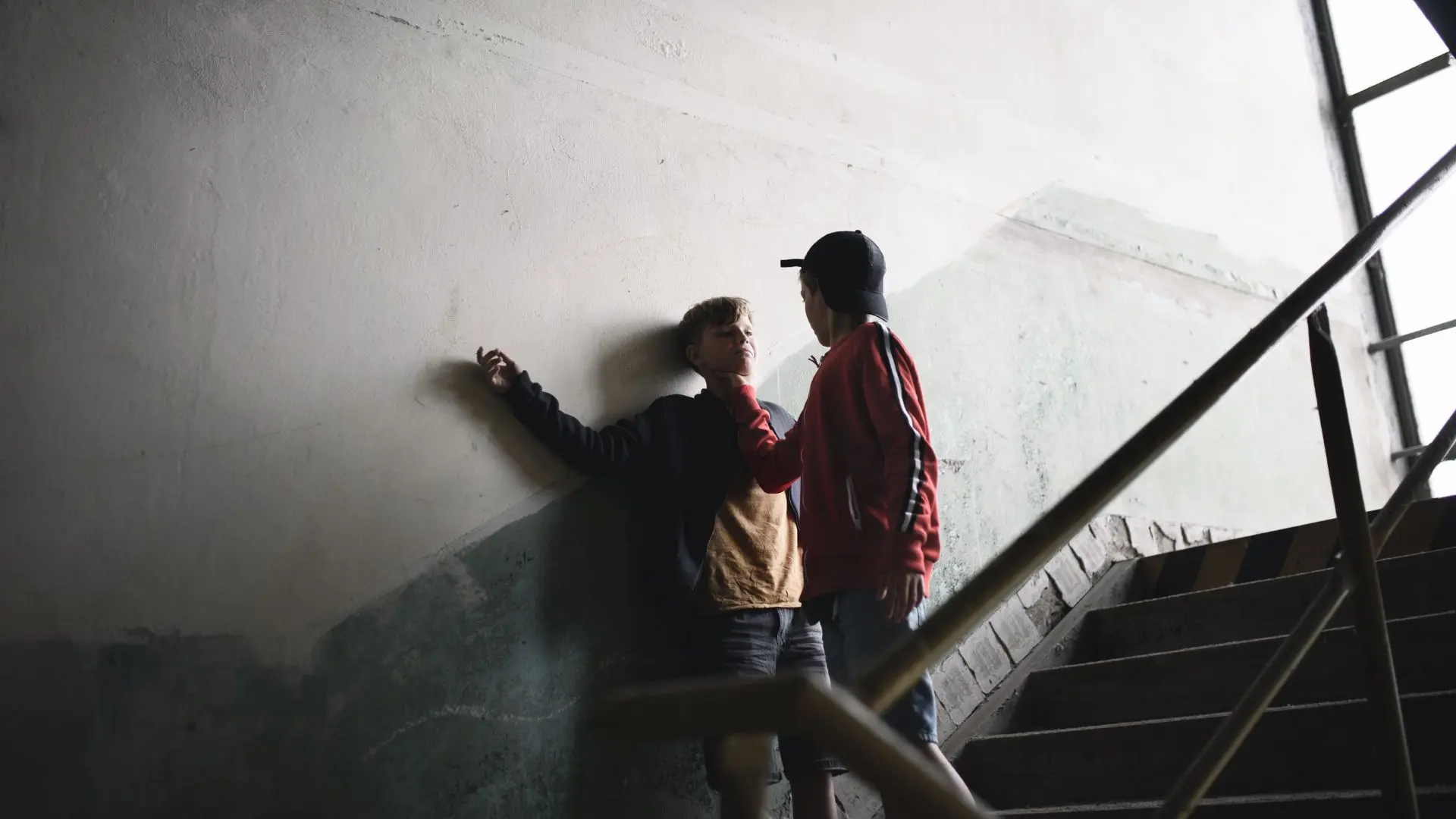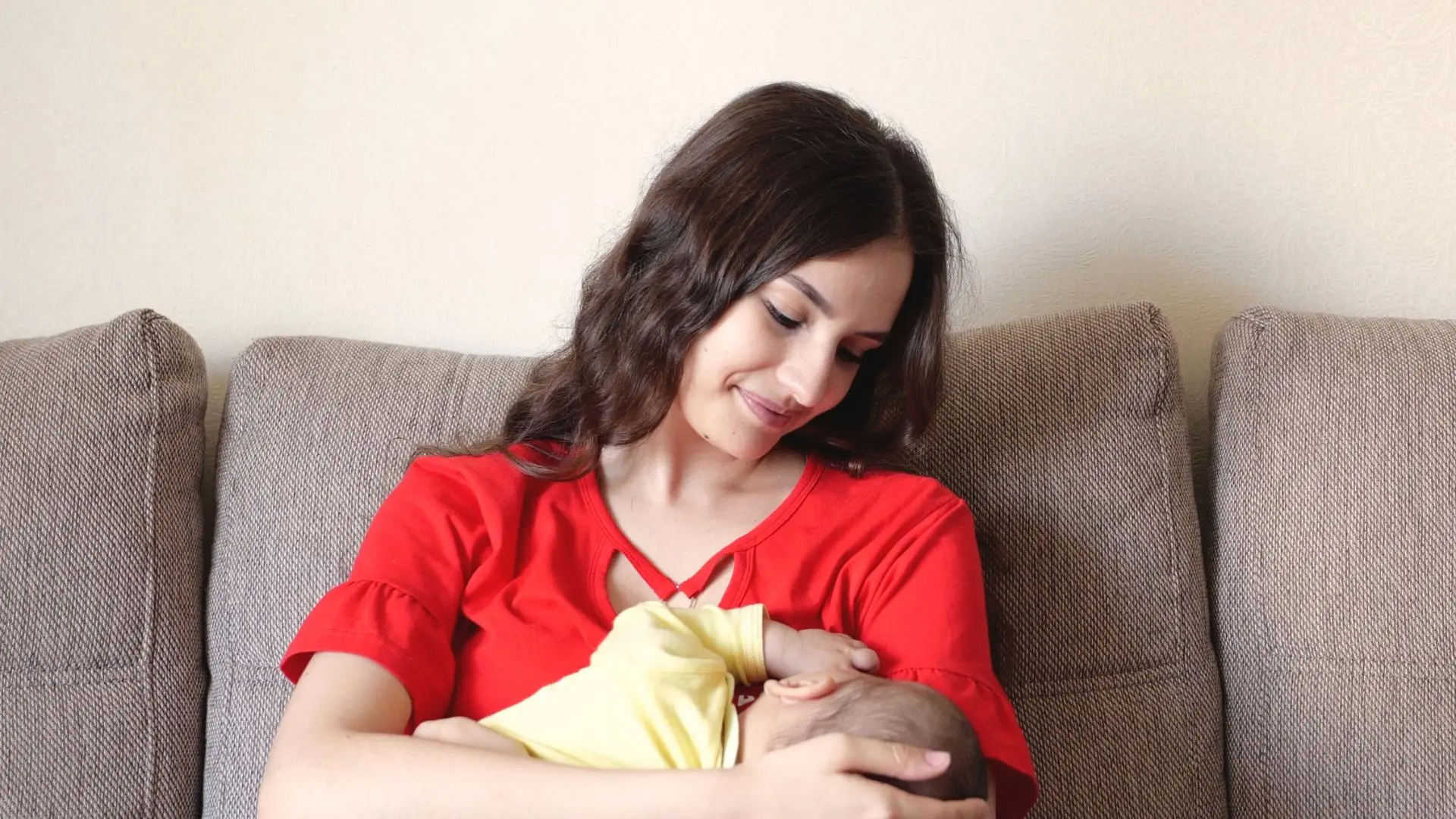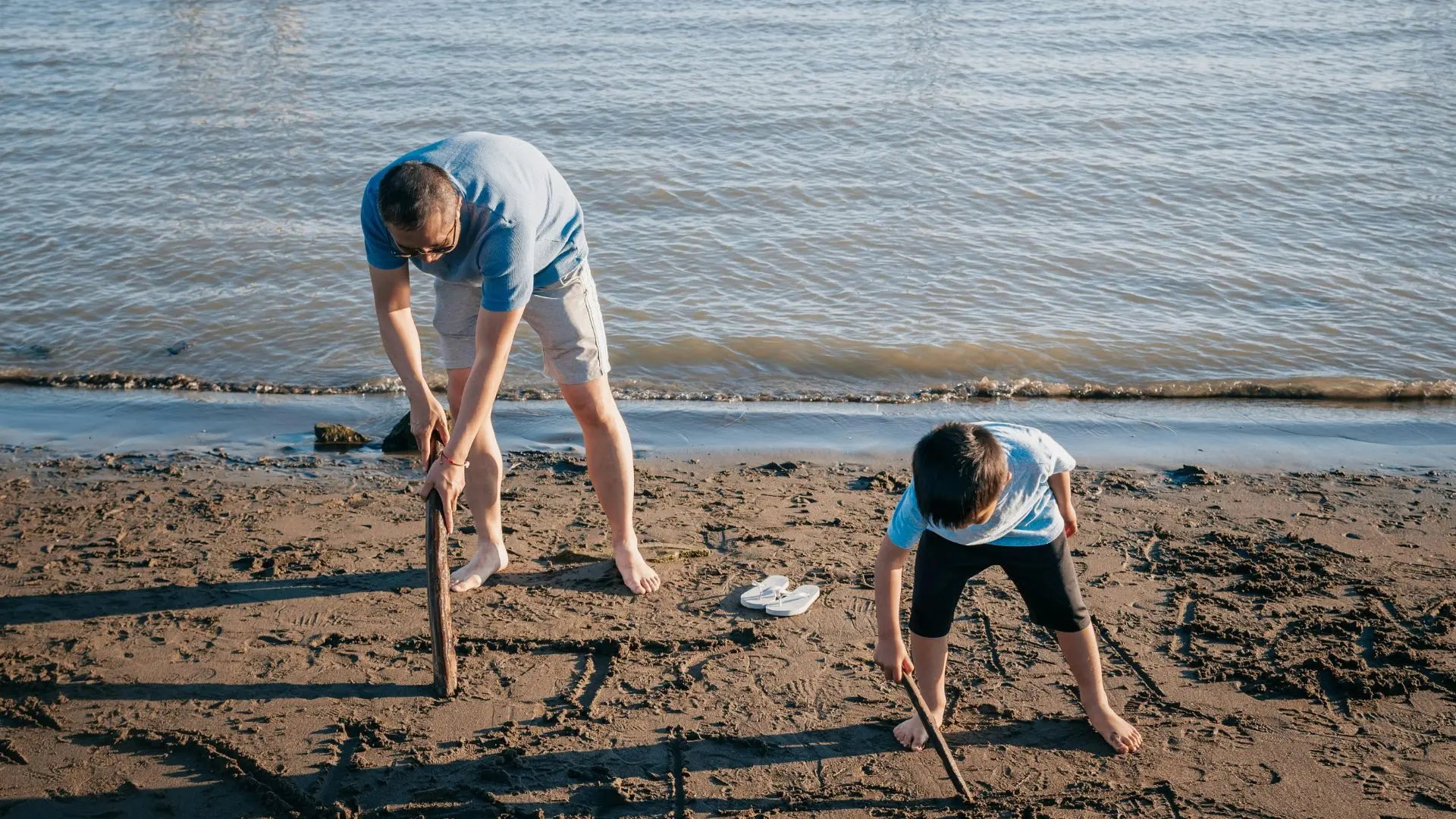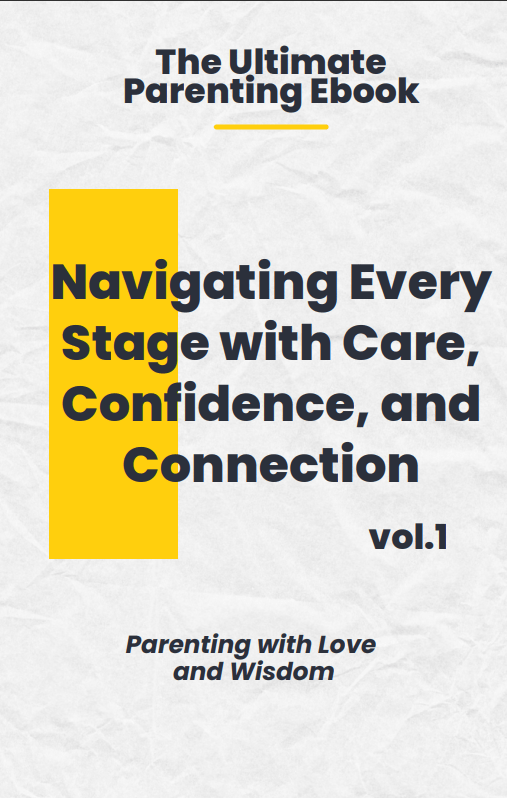You’re probably exhausted, worried, and searching for answers. Maybe your out of control teenager’s behavior has escalated beyond normal rebellion, and you’re feeling lost on how to help them get back on track. The good news is, you’re not alone, and there are actionable steps you can take to restore balance and safety in your home—all while keeping your out of control teenager’s best interests in mind.
Let’s dive into what “out of control” behavior really means, how to recognize dangerous red flags, and what you can do to support your teen’s growth and well-being, even in tough times.

In This Blog
ToggleWhat Does It Mean to Have an Out of Control Teenager?
Not every case of defiance or attitude means you have an out of control teenager. It’s essential to differentiate between typical teenage rebellion—pushing boundaries, talking back, or experimenting with independence—and truly alarming behaviors that put your teen or others at risk.
Normal rebellion includes occasional arguments, testing curfews, or mood swings. These behaviors are a natural part of a teen’s development as they explore their identity.
However, when that defiance turns into physical aggression, chronic lying, skipping school, or getting involved in illegal activities, we’re moving into dangerous territory. This is when you might be facing an out of control teenager.
It’s important to approach the situation with patience and clarity. Understanding the difference between typical teen defiance and out-of-control behavior is the first step in helping your teen.
Signs of Dangerous and Manipulative Behavior in Teens
It’s not easy to admit when your child’s behavior is crossing into dangerous or manipulative territory. However, recognizing the red flags early can make all the difference. Here are some key signs your teen may be truly out of control:
Emotional manipulation: Your teen might play on your emotions, using guilt or fear to get what they want.
Chronic deceit: Lying becomes a frequent behavior, and they actively hide where they’ve been or what they’ve been doing.
Aggression or violence: They exhibit aggressive behaviors, whether through physical fights or damaging property.
Engaging in risky behaviors: This could include underage drinking, drug use, or dangerous driving.
Disregard for consequences: No matter how much you punish or discipline them, they continue to break rules without concern.
Association with negative influences: Their peer group might be involved in illegal activities or reinforce unhealthy behaviors.
If any of these sound familiar, your teen’s behavior may be beyond normal teenage defiance, and it’s time to take action.
Common Causes of Out of Control Behavior in Teenagers
Understanding the root causes of out of control behavior can help you address the issue more effectively. Teens rarely act out without reason. Here are some common causes behind extreme behaviors:

Mental health issues (depression, anxiety, ADHD, or ODD).
Peer pressure and the desire to fit in with a particular crowd.
Unresolved trauma (family conflict, bullying, abuse, etc.).
Substance abuse, often used as a way to cope with stress or emotional pain.
Lack of structure or inconsistent discipline at home.
It’s important to assess your teen’s environment and emotional state to get to the core of the problem. Addressing these issues head-on can be a crucial step in helping your teen.
Solutions to Help Your Out of Control Teen (Non-Legal Approaches)
When dealing with an out of control teenager, your first approach should focus on interventions and discipline strategies that encourage positive behavior and growth.
Age-Appropriate Punishments for Teens
Punishments should be fair and connected to their behavior. For example, if your teen sneaks out at night, a fitting consequence might be grounding them or restricting privileges like phone or social media use.
The key is consistency—punishment should always be followed through to show that actions have consequences. Harsh punishment often leads to resentment, but firm and fair consequences teach responsibility.
Fostering Positive Behavior with Reinforcement
It’s easy to get caught up in punishing bad behavior, but don’t forget the power of positive reinforcement. When your teen makes good choices, even small ones, acknowledge it.
Let them know you see their efforts, whether it’s showing up to school on time or helping around the house. Teens need to feel that they’re not just “bad” or “out of control”—they need to see that change is possible, and positive behavior is rewarded.
Boot Camps for Troubled Teens
Boot camps offer structured discipline, but they are not a one-size-fits-all solution. While some teens thrive in environments that provide strict guidelines and physical challenges, others may feel overwhelmed or emotionally stressed.
Before considering a boot camp, it’s important to research alternatives like therapeutic boarding schools or wilderness programs, which may provide more emotional support alongside structure.
Using Conflict Resolution and De-Escalation Techniques
In the heat of an argument, it’s natural to want to assert control, but escalating the situation can make things worse. Learn de-escalation techniques like staying calm, using neutral language, and giving your teen space to express their feelings. Often, they just want to be heard—shutting them down can fuel further rebellion.
Solutions When Behavior is Beyond Control (Legal and Professional Interventions)
Sometimes, no matter how much you try, your teen’s behavior may spiral out of control to the point where legal measures become necessary for their safety and your family’s well-being.
Juvenile Court and Diversion Programs for Troubled Teens
If your teen’s behavior involves illegal activities or repeated run-ins with the law, the juvenile justice system may provide a way to get help. Diversion programs focus on rehabilitation rather than punishment, offering counseling, education, and therapy to get your teen back on track.
These programs aim to help teens avoid incarceration while addressing the core issues behind their behavior.
When and Who to Call for Help in a Crisis
If your out of control teenager becomes violent or threatens harm to themselves or others, it’s time to involve professionals. You can call local crisis hotlines, mental health services, or even law enforcement for immediate help.
Remember, this step is not about punishing your teen but about ensuring their safety and preventing them from making irreversible mistakes.
Understanding Parental Legal Rights and Responsibilities
Parents have legal options when it comes to managing an out of control teenager. Filing a CHINS petition (Child in Need of Services) allows parents to seek court intervention when their teen refuses to follow rules or engage in dangerous behaviors.
While it may feel extreme, these legal steps are often necessary when a teen is putting themselves or others at risk.
Residential Treatment Centers and Therapeutic Boarding Schools
For teens who require 24/7 supervision and care, residential treatment centers offer structured environments with therapy, schooling, and medical care. These programs are designed to help teens work through emotional, behavioral, and mental health issues in a safe, controlled setting.
Therapeutic boarding schools provide similar benefits with the added focus on education and life skills training.
Conclusion
Dealing with an out of control teenager is a heart-wrenching and exhausting experience, but there are solutions—both behavioral and legal—that can help get your child back on the right track. Whether it’s through age-appropriate discipline, positive reinforcement, or legal intervention, the ultimate goal is to keep your teen safe and guide them toward a healthier path.
Remember, seeking professional help or even legal support isn’t about giving up—it’s about doing what’s best for your teen in the long run. Don’t hesitate to reach out to local programs, therapists, or legal resources to provide the support your teen needs.
You may also be interested in : Helicopter Parenting: What It Is, Its Impact on Kids, and How to Avoid It
FAQs
1. What is considered an out of control teenager?
An out of control teenager consistently engages in risky, aggressive, or harmful behaviors, such as substance abuse, violence, or chronic defiance, that go beyond typical teenage rebellion.
2. What are the signs of an out of control teenager?
Red flags include frequent lying, skipping school, engaging in illegal activities, violence, substance abuse, and emotional manipulation.
3. How can I tell the difference between normal teenage rebellion and being out of control?
Normal rebellion involves testing limits, mood swings, or occasional defiance, while being out of control involves more extreme, dangerous, or repeated behaviors that may involve breaking the law or harming others.
4. What are the causes of an out of control teenager?
Common causes include mental health issues, peer pressure, unresolved trauma, family conflict, and substance abuse.
5. How do I handle an out of control teenager?
Start by setting consistent boundaries and consequences, using positive reinforcement for good behavior, and seeking professional help if needed. Legal options might be required in extreme cases.
6. Are boot camps a good solution for out of control teens?
Boot camps can offer structure and discipline, but they aren’t a one-size-fits-all solution. Therapeutic programs or residential treatment centers might provide more comprehensive care.
7. What are some effective non-legal solutions for dealing with an out of control teenager?
Effective non-legal solutions include clear, age-appropriate punishments, behavior reinforcement, conflict resolution techniques, and seeking professional therapy.
8. When should I seek legal help for my out of control teenager?
If your teen is engaging in illegal activities, repeatedly running away, or becoming violent, legal intervention may be necessary to ensure their safety.
9. Who can I call if my teenager becomes violent?
In a crisis, you can call local mental health services, crisis hotlines, or law enforcement to de-escalate the situation safely.
10. What is a CHINS petition?
A CHINS (Child in Need of Services) petition allows parents to ask the court for help when their teen refuses to follow rules, engage in dangerous behavior, or put themselves at risk.
11. Are residential treatment centers effective for out of control teenagers?
Yes, residential treatment centers provide structured environments with therapeutic support, which can help teens work through behavioral, emotional, and mental health issues.
12. How do I reinforce positive behavior in an out of control teenager?
Reward small, positive steps your teen takes toward responsible behavior with praise, privileges, or other incentives, which can encourage them to make better choices.
13. How can I stay calm during a confrontation with my out of control teenager?
Use de-escalation techniques like taking deep breaths, staying composed, avoiding inflammatory language, and allowing your teen to express themselves without interrupting.
14. What mental health issues are common in out of control teenagers?
Common mental health issues include depression, anxiety, ADHD, oppositional defiant disorder (ODD), and conduct disorders, all of which can contribute to extreme behavior.
15. Can therapy help an out of control teenager?
Yes, therapy can address underlying emotional and behavioral issues, providing tools for both teens and parents to manage conflict and promote positive change.
16. How can I prevent my teenager from becoming out of control?
Building strong communication, setting clear expectations, offering consistent discipline, and staying involved in your teen’s life can help prevent extreme behaviors.
17. What should I do if my teenager is involved in illegal activities?
If your teen is involved in illegal activities, you may need to contact legal authorities or consider diversion programs aimed at rehabilitation rather than punishment.
18. What role does peer pressure play in an out of control teenager’s behavior?
Peer pressure can lead teens to engage in risky behaviors, such as drinking, drug use, or criminal activity, especially when trying to fit in with certain social groups.
19. Can an out of control teenager improve with time and intervention?
Yes, with the right interventions like therapy, consistent discipline, and support, most teens can overcome their behavioral challenges and develop into responsible adults.
20. What are the long-term effects of ignoring out of control behavior in teenagers?
Ignoring the issue can lead to continued risky behavior, worsening mental health issues, strained family relationships, or even criminal records, which can have lifelong consequences.




